Human-Centered Leadership Program
| Date | Time | Description | Location |
|---|---|---|---|
| August 21, 2025 | Noon to 1 p.m. | Welcome and Assessment Instructions | Virtual |
| September 11, 2025 | 11 a.m. to 1 p.m. | Kick-Off and Assessment Debrief | Healthy Kentucky Research Building Room 310A |
| September 2025 | Varies | Individual Coaching Sessions | Virtual |
| October 23, 2025 | 11 a.m. to 1 p.m. | Deep dive into Emotional Intelligence: Self-Perception, Self-Expression, Interpersonal | Healthy Kentucky Research Building Room 310A |
| November 2025 | Varies | Individual Coaching Sessions | Virtual |
| December 4, 2025 | 11 a.m. to 2 p.m. | Deep dive into Emotional Intelligence: Decision-Making, Stress Management. Graduation. | Healthy Kentucky Research Building Room 310A |
| December 2025 | Varies | Individual Coaching Sessions | Virtual |
Applications Closed for 2025
Participants will be selected by May 31, 2025.
Return February 2026 for next program application process.
Human-Centered Leadership Program (HCLP)
Developing Human-Centered Leadership
HCLP is a transformative learning experience designed with a human-centered leadership framework to complement the existing skillsets of College of Medicine physician, research, and staff leaders. Participants will have access to the EQ-i 2.0 assessment, the leading measure of emotional intelligence, as well as certified coaches who will support their growth.
Why human-centered leadership?
A human-centered approach to leadership is critical for building relationships and teams, resolving conflict, solving problems, leading effectively, and building resilience. One of the most effective ways to master this approach is to build awareness of emotional intelligence skills, along with an ongoing commitment to practicing and improving these skills.
Emotional intelligence is a set of emotional and social skills that influence the way we perceive and express ourselves, develop and maintain social relationships, cope with challenges and use emotional information in an effective and meaningful way.
Why human-centered leadership?
A human-centered approach to leadership is critical for building relationships and teams, resolving conflict, solving problems, leading effectively, and building resilience. One of the most effective ways to master this approach is to build awareness of emotional intelligence skills, along with an ongoing commitment to practicing and improving these skills.
Emotional intelligence is a set of emotional and social skills that influence the way we perceive and express ourselves, develop and maintain social relationships, cope with challenges and use emotional information in an effective and meaningful way.
How is Emotional Intelligence linked to leadership?
Fifteen years of research has shown that leaders tend to score higher in emotional intelligence than the general population. Leaders set the tone of their organization. If they lack emotional intelligence, it could have more far-reaching consequences, resulting in lower employee engagement and a higher turnover rate.
This program will help leaders fine-tune their leadership skills to adapt to the current healthcare and research environments. The program will provide a balance of theory, science, and practical applications, allowing participants to focus on a few specific skills that underlie broader leadership effectiveness.
How is Emotional Intelligence linked to leadership?
Fifteen years of research has shown that leaders tend to score higher in emotional intelligence than the general population. Leaders set the tone of their organization. If they lack emotional intelligence, it could have more far-reaching consequences, resulting in lower employee engagement and a higher turnover rate.
This program will help leaders fine-tune their leadership skills to adapt to the current healthcare and research environments. The program will provide a balance of theory, science, and practical applications, allowing participants to focus on a few specific skills that underlie broader leadership effectiveness.
What are the program components?
This four-month program includes :
- the Emotional Quotient Inventory (EQ-i 2.0) assessment
- a virtual welcome
- three in-person sessions
- three coaching sessions
Project work will be focused on fine-tuning leadership competencies within the EQ-i model. Each participant will be matched up with an internal coach who is certified in the application of the EQ-i 2.0.
EQ-i 2.0 is the world’s leading measure of emotional intelligence, applying decades of research to support effective human performance and development. It has a high correlation with workplace and leadership performance. The subscales of the EQ-i model will serve as building blocks for reaching the participants’ leadership potential.
What are the program components?
This four-month program includes :
- the Emotional Quotient Inventory (EQ-i 2.0) assessment
- a virtual welcome
- three in-person sessions
- three coaching sessions
Project work will be focused on fine-tuning leadership competencies within the EQ-i model. Each participant will be matched up with an internal coach who is certified in the application of the EQ-i 2.0.
EQ-i 2.0 is the world’s leading measure of emotional intelligence, applying decades of research to support effective human performance and development. It has a high correlation with workplace and leadership performance. The subscales of the EQ-i model will serve as building blocks for reaching the participants’ leadership potential.
Who is eligible to apply for the program?
This transformative learning experience was designed to complement the existing skillsets of the ‘leaders of people’ within the College of Medicine, including physician, research, and staff leaders.
Applicants should be employed by the College of Medicine for one year and be in good standing.
Examples of positions that would be a good fit for this program include (but are not limited to) the following titles: Division Chief, Department Chair, Center Director, Assistant/Associate Dean, Program/Project Director, Research Director, Department Administrator, Assistant/Associate Director, etc .
Who is eligible to apply for the program?
This transformative learning experience was designed to complement the existing skillsets of the ‘leaders of people’ within the College of Medicine, including physician, research, and staff leaders.
Applicants should be employed by the College of Medicine for one year and be in good standing.
Examples of positions that would be a good fit for this program include (but are not limited to) the following titles: Division Chief, Department Chair, Center Director, Assistant/Associate Dean, Program/Project Director, Research Director, Department Administrator, Assistant/Associate Director, etc .
Facilitator
Sessions are facilitated by organizational psychologist, Rachel Daniels, PhD.
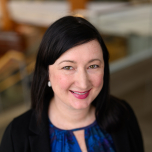
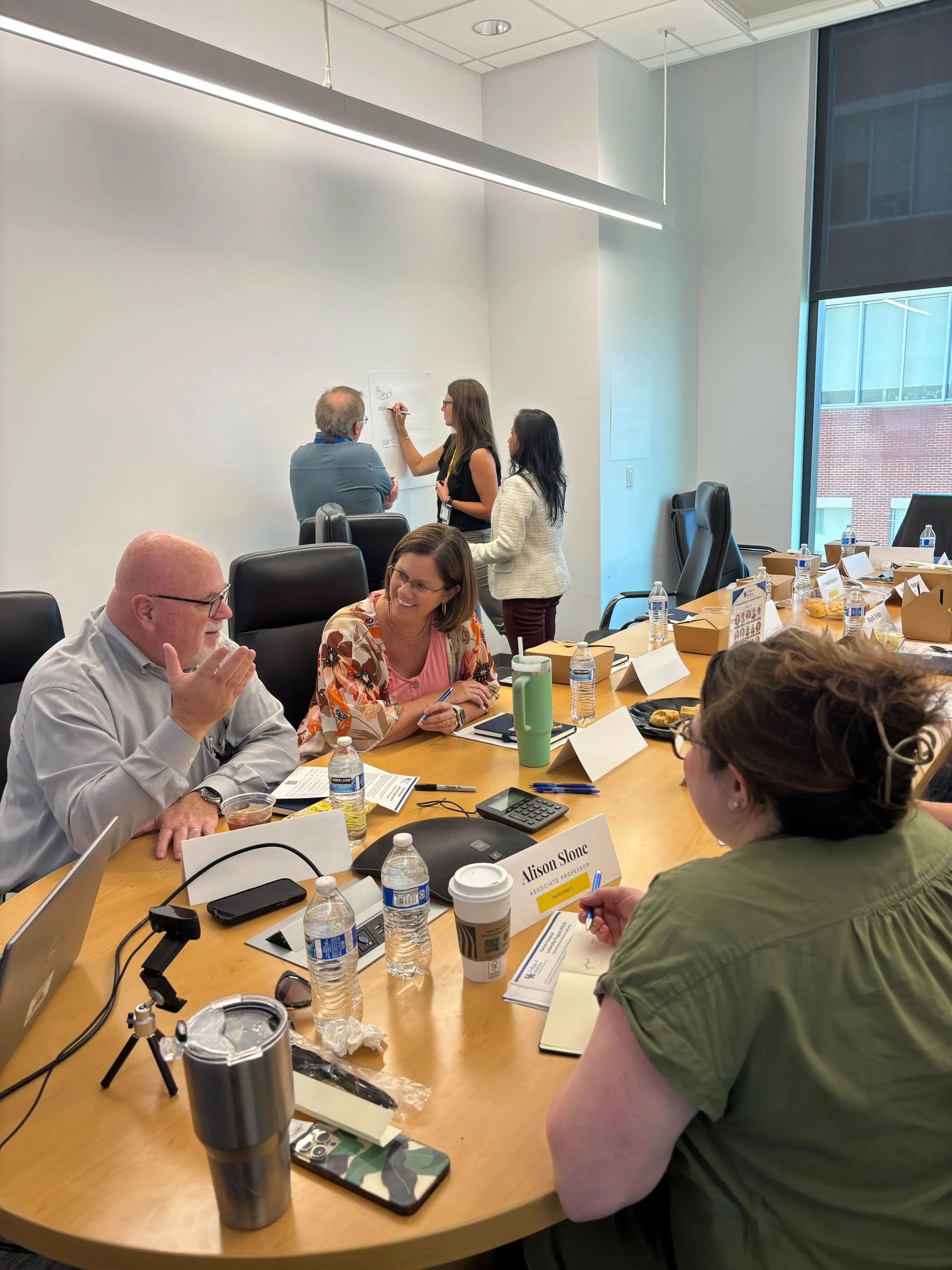
September 2025
Cohort 2 gathered in person to build new emotional intelligence practices and discuss various frameworks of human-centered leadership.
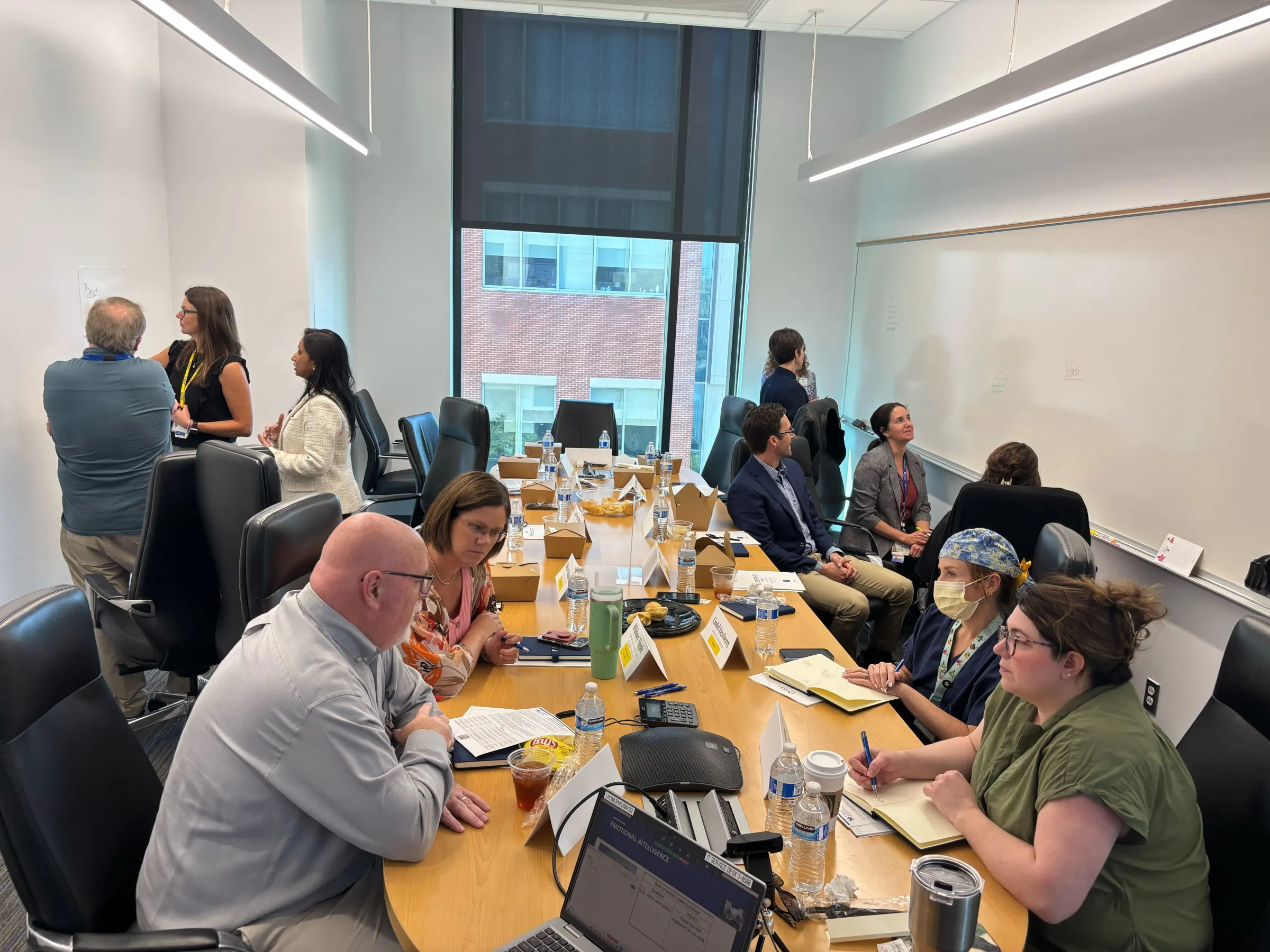
Human-Centered Leadership Program
2025 Cohort
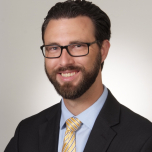
John Roger Bell, MD
Positions Held:
- Assistant Professor of Urology (Endourology Division)
- Endourology Fellowship Program Director
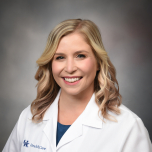
Lindel C Dewberry, MD
Positions Held:
- Assistant Professor
- Assistant 3rd Year Surgery Clerkship Director
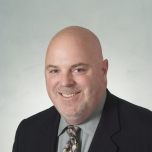
Christopher I Doty, MD, MAAEM, FAAEM, FACEP
Positions Held:
- Tenured Professor, Emergency Medicine
- Vice Chair of Education, Emergency Medicine




Zabeen Mahuwala MD, FAAN, FACNS, FAES
Positions Held:
- Associate Professor Neurology
- Fellowship Director Clinical Neurophysiology
- Vice Chair Resilience and Wellness Committee


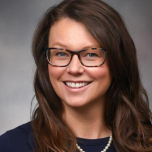

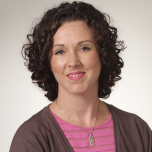
Melissa Soper, MSN, APRN, ACNP-BC
Positions Held:
- APP
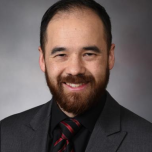
Tama S Thé, MD
Positions Held:
- Assistant Professor, Pediatric Emergency Medicine
- Medical Student Ultrasound Elective Director
- Pediatric Emergency Medicine Ultrasound Director
Human-Centered Leadership Program Inaugural Cohort
2024 Graduates
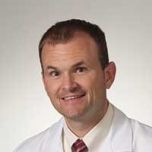
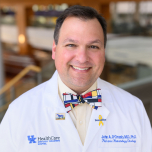
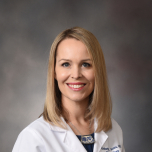
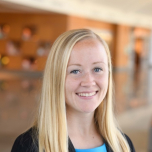


Beth Nicole McNulty, MD
Positions Held:
- Associate Professor
- Division of Otology, Neurotology, & Cranial Base Surgery
- Otolaryngology Third Year Clerkship Director

Amy Lynn Meadows, MD, MHS
Positions Held:
- Associate Professor
- Director, Child and Adolescent Psychiatry Division
- Associate Program Director, Triple Board Residency Program
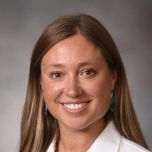
Wendi Allison Bond Owen, MD
Positions Held:
- Associate Professor of Radiology
- Vice Chair of Wellness & Well-being
- Assistant Program Director, Diagnostic Radiology Residency Program
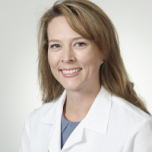
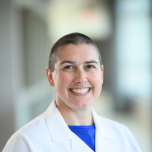
Rebecca M Todd, MD
Positions Held:
- Professor
- Associate Dean for the Rural Physician Leadership Program
- Medical Director, UK Women's Health Morehead
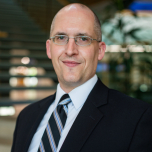
Nathan L. Vanderford, PhD, MBA
Positions Held:
- Associate Professor, Department of Toxicology and Cancer Biology
- Director, Appalachian Career Training in Oncology Program
- Director of Administration, Center for Cancer and Metabolism

